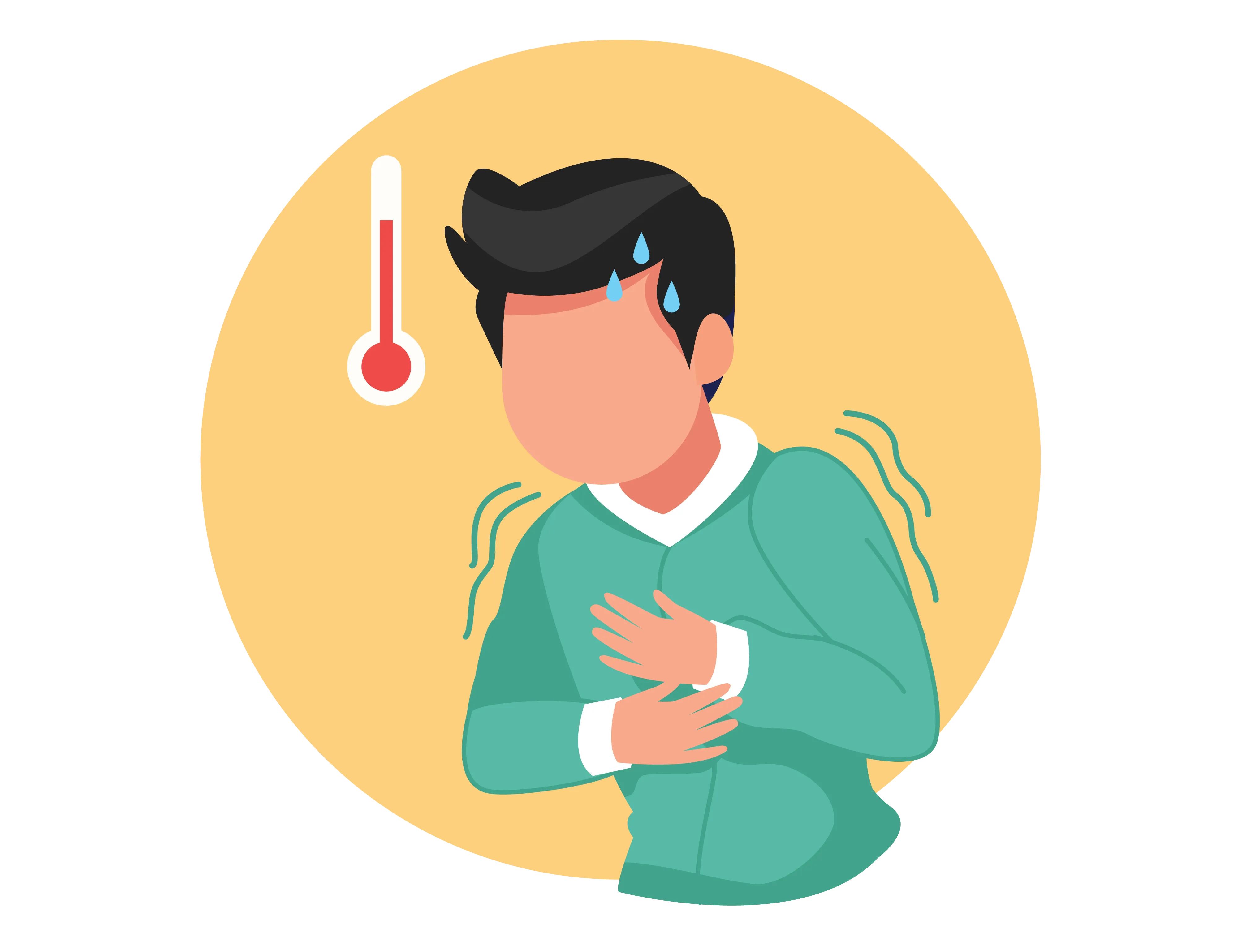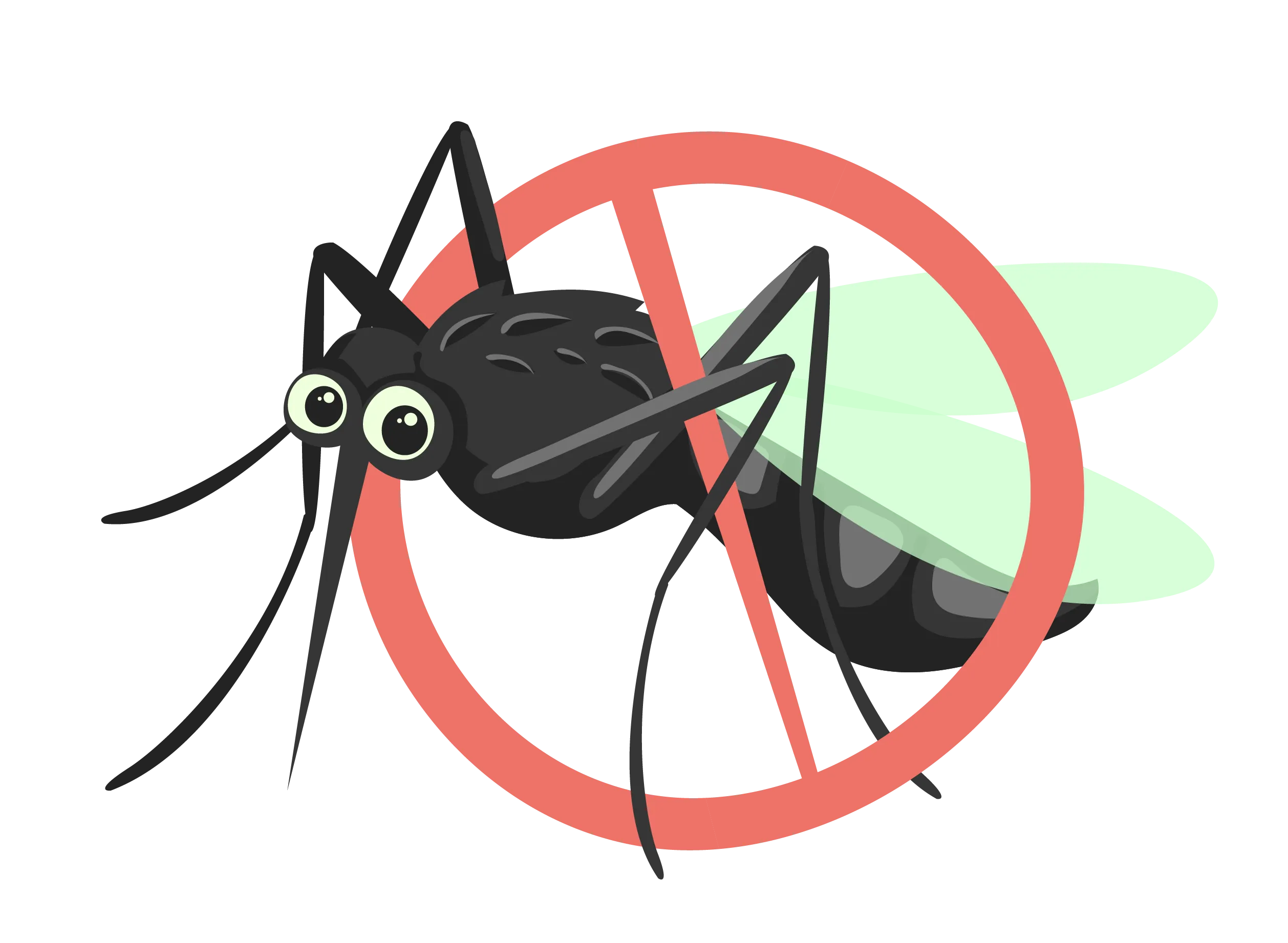General Health | 4 min read
What re the Major Causes and Symptoms of Zika Virus? How to Stay Protected?
Medically reviewed by
Table of Content
Key Takeaways
- Zika virus was declared as an international public health emergency in 2016
- Zika symptoms include pain, fever, and fatigue which lasts for 2-7 days
- There is no specific cure as there is no Zika vaccine currently available
Zika virus is a vector-borne virus that was first found in 1947 [1]. Mosquito bites transmit it. A common query people have is, ‘Zika is caused by which mosquito?’ Per reports, Zika is caused by or transmitted primarily by the Aedes mosquito [2]. This type is also responsible for spreading dengue, chikungunya, and yellow fever. Pregnant women who have Zika infection symptoms are at risk of miscarriage. It can also result in congenital disabilities in infants.
Most people who get infected don’t show any Zika disease symptoms. Currently, there is no Zika vaccine in circulation either. Although there is no cure for the Zika virus, there are preventive measures that you can take. Read on to know more about Zika symptoms, causes, and how to prevent infection.

What are Zika causes and risk factors?
Mosquito bites
Zika virus is primarily transmitted through mosquito bites. The Aedes species commonly carry it. When this type of mosquito bites a Zika infected person, the virus infects the mosquito and spreads to others when the mosquito bites someone else.
Pregnancy
During pregnancy, there is a high risk of the virus transmitting from mother to fetus. This can lead to congenital disabilities in the newborn, including microcephaly and congenital Zika syndrome.
Unsafe sexual intercourse
The Zika virus can spread from one person to another in cases of unprotected sex. As such, the WHO recommends using contraceptives and practicing safe sex. A couple who want to get pregnant but are at risk of the infection must know the contraception options to avoid complications.
Blood transfusion and organ transplantation
It is very likely for the virus to transmit through organ donations. Transmitting the Zika virus through blood transfusion is possible in some cases; however, researchers still do not confirm this.
Traveling to places with Zika outbreak
The Zika virus vector is present worldwide. But the virus is present in a few regions only. Avoid travel to tropical and subtropical locations as they present a higher risk of infection. Some places with increased risk of Zika include certain countries in the U.S., islands near West Africa, and several pacific islands [3].
Additional Read: All You Need To Know About Dengue and Its Treatment
What are the Zika signs and symptoms?
Zika disease symptoms last for only 2 to 7 days [4]. Also, most of the people affected by this virus don’t develop any symptoms. Those who do report common Zika symptoms like mild fever, rashes, conjunctivitis, headache, and fatigue. People also experience pain including muscle pain, joint pain, eye pain, and abdominal pain.

What are the complications caused by Zika virus disease?
Zika virus can lead to various complications, mostly affecting pregnant women. It can lead to miscarriage, stillbirth, or pre-term birth. It also increases the risk of congenital disabilities in infants. These congenital abnormalities in fetuses and infants are collectively known as congenital Zika syndrome [5].
Some of these congenital disabilities include brain and head size smaller than normal (microcephaly), partly collapsed skull, and abnormal brain development. It can even lead to loss of brain tissues or brain damage, eye abnormalities, hearing loss, and reduced body movement due to muscle abnormality.
Zika virus can also affect adults, causing nervous system complications, including Guillain-Barre syndrome, neuropathy, and myelitis. These complications can also develop in people who never show any Zika signs and symptoms. Researchers are still searching for prevention and control strategies to reduce the effects of Zika infections among pregnant women, children, and adults.

What are the options for Zika treatment and prevention?
Although there is no vaccine available to treat the Zika virus, there are ways in which you can protect yourself. To prevent infection, wear clothes that cover your skin entirely and use insect repellents. Get rid of common mosquito breeding places like still or stagnant water. Use mosquito nettings at home and have screens on windows. Practice safe sex, and lastly, avoid traveling to countries or places with Zika outbreaks. If you must, take all the necessary precautions.
Keeping your environment clean is one easy way to keep mosquito-borne diseases at bay. However, if you don’t feel well or have any Zika infection symptoms, it is best to consult a doctor. Book an appointment with the best doctors near you on Bajaj Finserv Health. Access affordable care at your fingertips by availing health plans, deals, and discounts from partner clinics and labs. Stay informed with the health library and schedule virtual consults to access preventive care conveniently from your home.
References
- https://www.hopkinsmedicine.org/zika-virus/what-is-zika-virus.html
- https://www.cdc.gov/zika/prevention/transmission-methods.html
- https://www.iaea.org/topics/zika
- https://www.who.int/news-room/fact-sheets/detail/zika-virus
- https://www.cdc.gov/pregnancy/zika/testing-follow-up/zika-syndrome-birth-defects.html
Disclaimer
Please note that this article is solely meant for informational purposes and Bajaj Finserv Health Limited (“BFHL”) does not shoulder any responsibility of the views/advice/information expressed/given by the writer/reviewer/originator. This article should not be considered as a substitute for any medical advice, diagnosis or treatment. Always consult with your trusted physician/qualified healthcare professional to evaluate your medical condition. The above article has been reviewed by a qualified doctor and BFHL is not responsible for any damages for any information or services provided by any third party.



